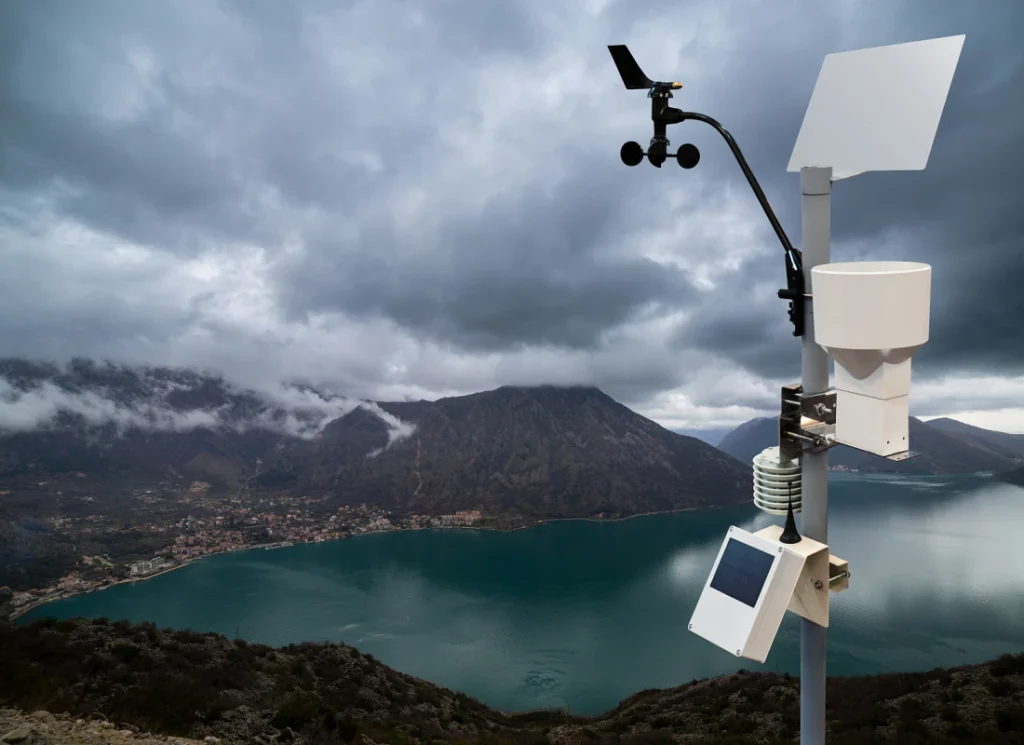
# Rainwater Sensor: Efficient Water Management Solution
## Introduction to Rainwater Sensors
Rainwater sensors are innovative devices designed to detect and measure precipitation, providing valuable data for efficient water management. These sensors play a crucial role in modern irrigation systems, smart cities, and sustainable water conservation efforts.
## How Rainwater Sensors Work
Rainwater sensors typically consist of:
– A collection surface to gather precipitation
– Measurement components to quantify rainfall
– Data transmission capabilities
– Power supply (often solar-powered)
When rain falls on the sensor’s collection surface, it triggers the measurement mechanism which calculates the amount of precipitation. This data can then be used to make informed decisions about water usage.
## Benefits of Using Rainwater Sensors
Implementing rainwater sensors offers numerous advantages:
– Water conservation: Prevents unnecessary irrigation during rainfall
– Cost savings: Reduces water bills and maintenance costs
– Environmental protection: Minimizes runoff and soil erosion
– Smart automation: Integrates with existing irrigation systems
– Data collection: Provides valuable weather pattern information
## Applications of Rainwater Sensors
Rainwater sensors find applications in various sectors:
### Residential Use
Homeowners can install these sensors to automate their sprinkler systems, ensuring lawns and gardens receive optimal watering without waste.
### Agricultural Applications
Farmers utilize rainwater sensors to:
– Optimize irrigation schedules
– Monitor field conditions
– Improve crop yield through precise water management
### Urban Planning
Cities implement rainwater sensors in:
– Stormwater management systems
– Flood prevention networks
– Public park irrigation
## Choosing the Right Rainwater Sensor
When selecting a rainwater sensor, consider these factors:
– Accuracy requirements
– Installation location
– Connectivity options
– Maintenance needs
– Compatibility with existing systems
## Future of Rainwater Sensing Technology
Emerging technologies are enhancing rainwater sensors with:
– IoT connectivity for real-time monitoring
– AI-powered predictive analytics
– Improved durability and self-cleaning features
– Integration with smart city infrastructure
## Conclusion
Rainwater sensors represent a smart, efficient solution for water management in an increasingly resource-conscious world. By implementing these devices, individuals and organizations can contribute to water conservation efforts while optimizing their water usage for maximum efficiency.
Keyword: rainwater sensor
